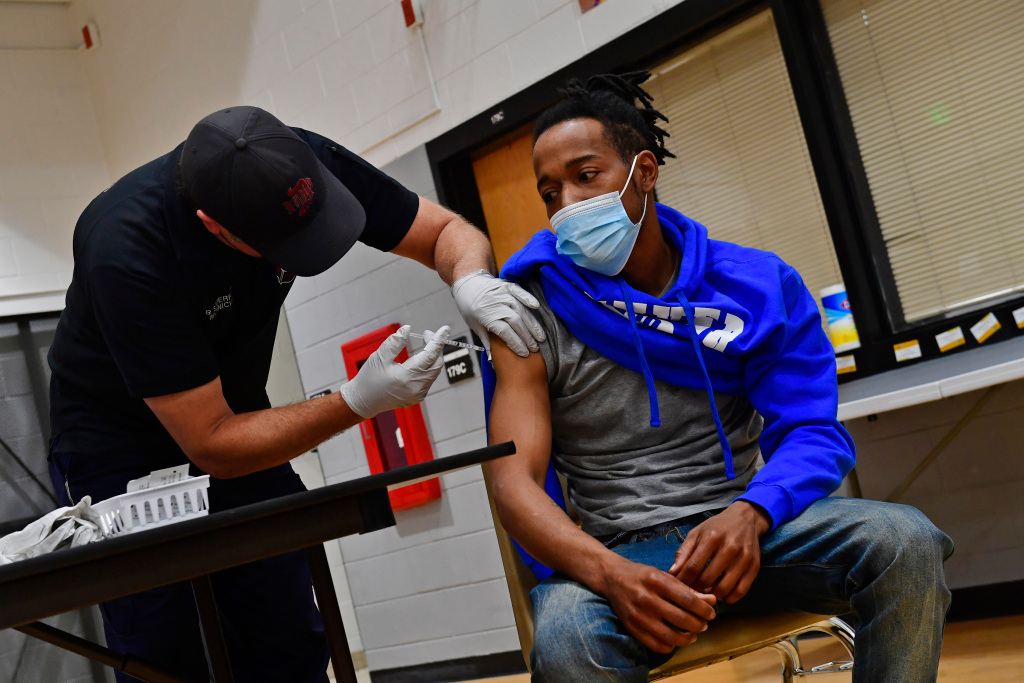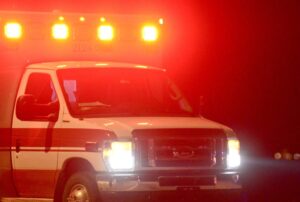Coloradans who aren’t fully vaccinated were almost four times as likely to be hospitalized for COVID-19 as of mid-August, suggesting that while the shots may have lost some effectiveness in preventing infections, they still greatly reduce the risk of severe illness.
The Colorado Department of Public Health and Environment ordered hospitals to begin reporting data about patients’ vaccination status last week. On Wednesday, the agency began posting that data for the public.
People who were at least two weeks out from their final dose of the vaccine were 3.4 times less likely to test positive for COVID-19 as of Aug. 22 and 3.8 times less likely to be hospitalized as of Aug. 15 compared to people who weren’t fully incoluated.
The death data only goes through July, but fully vaccinated people were about 5.8 times less likely to die at that point.
The reporting delay is meant to ensure the data is as complete as possible, state epidemiologist Dr. Rachel Herlihy said in a news conference Wednesday.
“Most of the transmission, most of the hospitalization, is among our unvaccinated population,” Herlihy said.
Unvaccinated people who were hospitalized were younger, on average, than those who had a more severe breakthrough infection. As of mid-August, the average age for people who were hospitalized after being fully vaccinated was 73, but it was 58 for people who were unvaccinated.
The delta variant has driven an increase in “breakthrough” infections among vaccinated people since June. People over age 80 were overrepresented among breakthrough cases, perhaps because they’re less likely to have a robust immune response, Herlihy said.
People who have compromised immune systems are at a higher risk of a severe breakthrough infection, because they may not mount a strong defense after the first two shots, and some evidence suggests older people may also be more susceptible. In mid-August, the U.S. Centers for Disease Control and Prevention recommended that some people with immune conditions get a third dose of the vaccine.
President Joe Biden’s administration has called for booster doses for everyone starting in late September, but the CDC and the Food and Drug Administration have said they may need more time to evaluate the potential risks and benefits.
People between the ages of 20 and 49 also accounted for a larger-than-expected share of breakthrough cases in Colorado. It’s possible they were more likely to receive the Johnson & Johnson vaccine, which is slightly less effective than the Pfizer or Moderna versions, or they may have been exposed to the virus more often than older people, Herlihy said.
“That tends to be the population that is out and about,” she said.



















